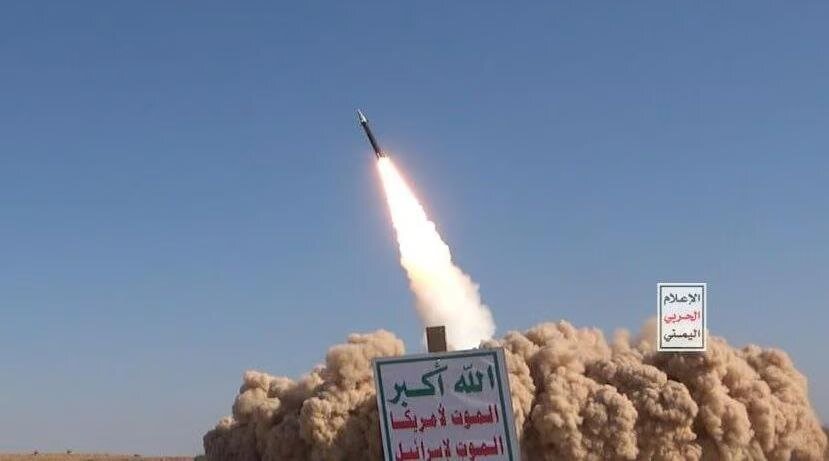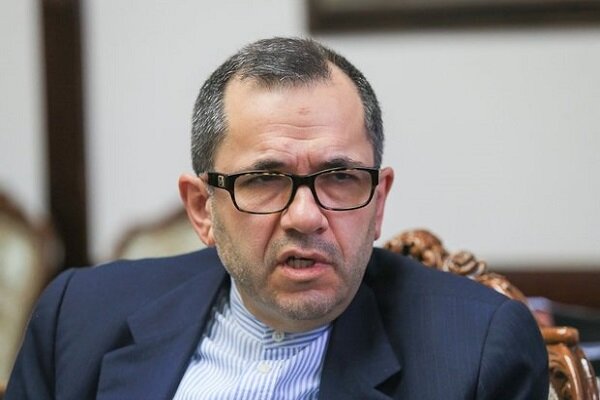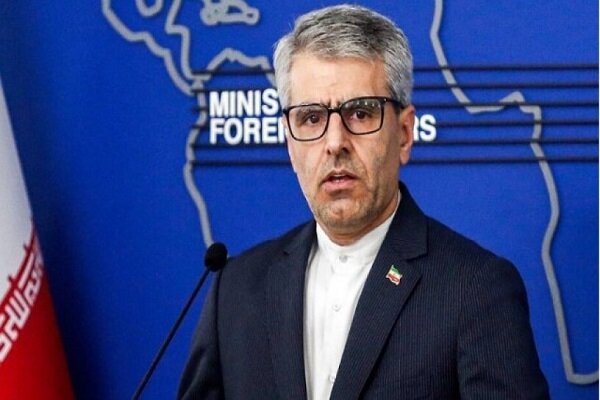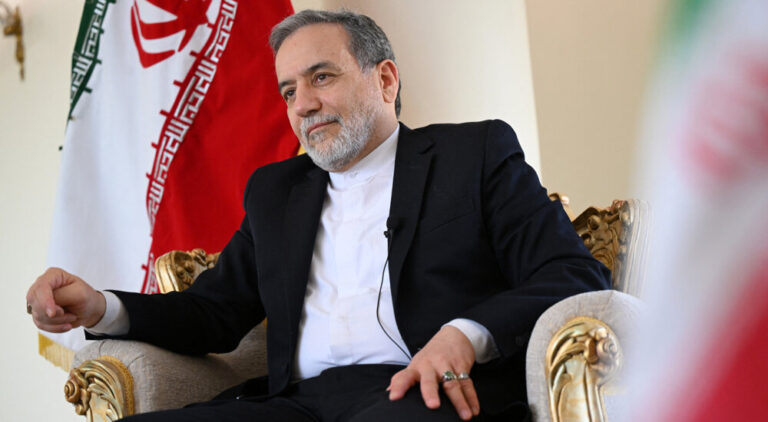Yemen Implements Strict Ban on Israeli Airspace: A New Era of Regional Tensions
TEHRAN – In a significant move, Yemeni forces have initiated operations aimed at blocking commercial air travel in Israeli skies, demonstrating solidarity with Gaza. This military action has raised concerns over regional security and international air traffic.
Military spokesman Yahya Saree announced a “qualitative operation” that targeted the Zionist regime’s Ben Gurion Airport in Tel Aviv using a hypersonic ballistic missile. Saree confirmed that the missile successfully struck its intended target, marking a bold statement in the ongoing conflict.
According to Saree, the operation is part of broader efforts to enforce a no-fly zone over Israeli airspace. He described this initiative as a response to what he termed the ongoing genocide in Gaza. He emphasized that the “enemy’s interception systems failed to stop it, causing millions of occupying Zionists to rush into shelters and halting airport operations for nearly an hour.”
Israeli media outlets reported that the U.S. THAAD missile defense system was unable to intercept the projectile, marking a notable failure for the second time this week. This incident underscores the growing tensions and the evolving military capabilities in the region.
Viral footage circulating on social media depicted scenes of panic among Israeli settlers as they fled Tel Aviv’s beaches during the Yemeni missile alert. The panic illustrates the immediate impact of such military operations on civilian life in Israel.
The government in Sanaa reiterated that Yemen would persist in its attacks against the Zionist regime, stating, “We support our oppressed Palestinian people and their fighters, and we reject the genocide being committed by the Zionist enemy against our brothers in the Gaza Strip. This is part of enforcing the aerial blockade on the criminal Israeli entity.”
In another significant development, Yemeni forces targeted a “vital Israeli enemy site” in Tel Aviv using a Yaffa drone, indicating a shift in tactics and an escalation of military actions.
Yemeni officials have issued stern warnings to international airlines still operating flights to Israeli airports. They declared that the air traffic ban over occupied Palestine will remain in effect until the aggression against Gaza ceases. Saree stated, “The Armed Forces again warn airlines that have not yet complied with the no-fly directive: they must immediately halt all flights to the occupied land of Palestine, as many others have already done.”
He further asserted, “The decision to ban air navigation to the airports of occupied Palestine, along with the prohibition on Israeli ships passing through the Red Sea and Arabian Sea, will remain in place. These and other support operations will continue until the aggression on Gaza is stopped and the siege is lifted.”
Yemen opened a military support front in solidarity with the starving people of Gaza in November 2023. Despite facing thousands of airstrikes from Western powers targeting multiple Yemeni cities, the Yemeni forces have remained undeterred in their mission.
The relentless air raids have not succeeded in halting Yemeni operations against key Israeli sites. Instead, Yemen has vowed to implement a blockade over Israeli airspace, further complicating the situation for international airlines and travelers in the region.
- Yemeni forces launched operations to block commercial air travel in Israeli skies.
- A hypersonic ballistic missile successfully struck Ben Gurion Airport in Tel Aviv.
- The operation aims to enforce a no-fly zone over Israeli airspace.
- Israeli defense systems failed to intercept the missile, causing widespread panic.
- The Yemeni government has declared continued support for Palestinian fighters.
- Warnings have been issued to international airlines regarding compliance with the no-fly directive.
The ongoing conflict has prompted Yemen to take decisive actions in support of Gaza, and the implications of these military operations extend beyond the immediate region. The escalation raises pressing questions about regional stability, international relations, and the safety of civilian air travel in contested airspace.
As the situation develops, both Yemeni and Israeli authorities will likely continue to respond to each other’s actions, resulting in a cycle of military and diplomatic maneuvers that could have wide-ranging effects on the geopolitical landscape.
In conclusion, the recent operations carried out by Yemeni forces highlight the complexities of the ongoing conflict and the lengths to which nations will go in support of their causes. The focus on airspace control and military engagement underscores the urgent need for dialogue and resolution in the region.






